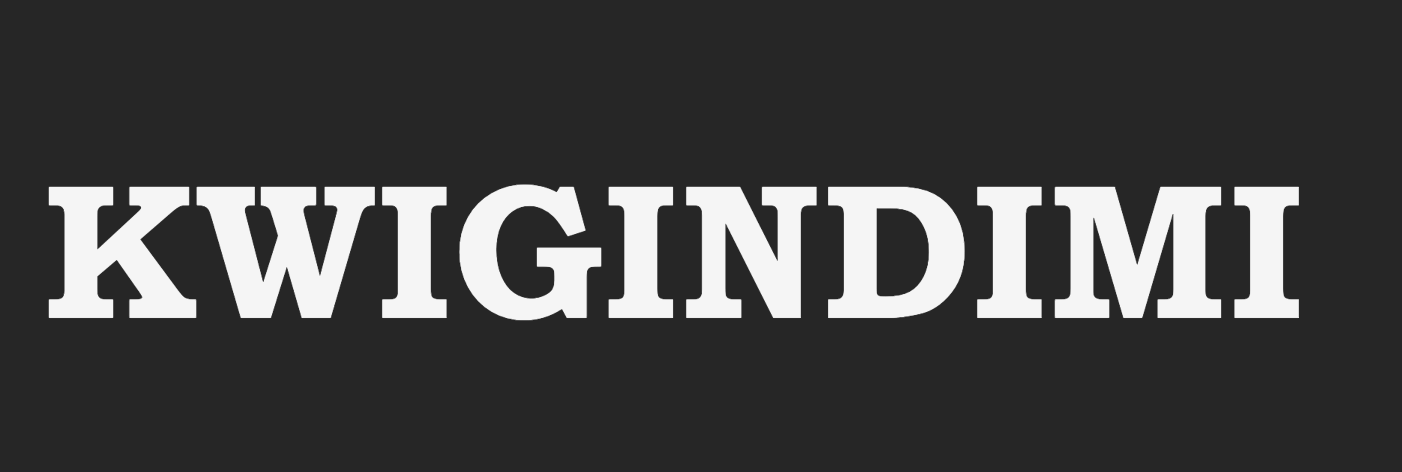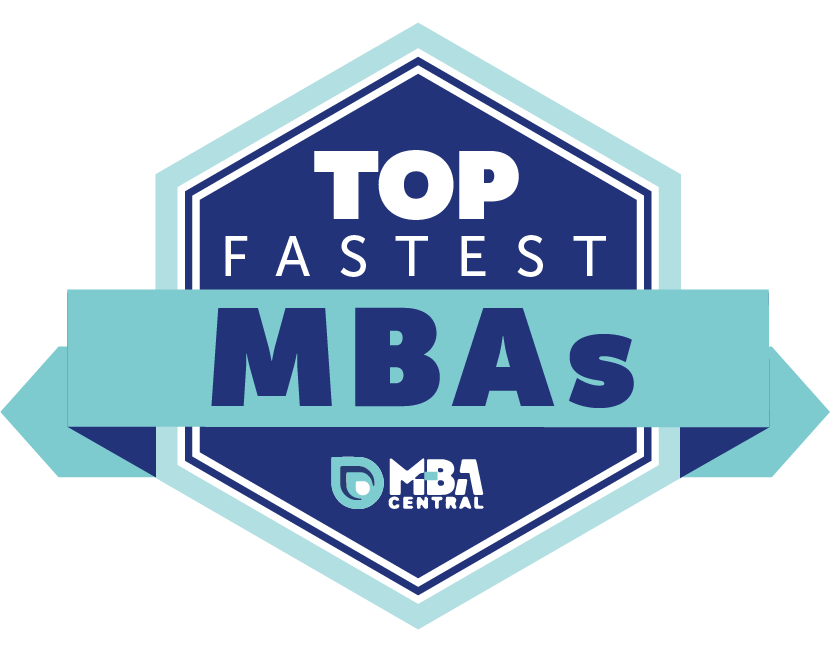In an era where time is our most precious commodity, the allure of accelerated online MBA programs is undeniable. Professionals seeking to climb the corporate ladder or pivot careers are drawn to offerings that promise degree completion in as little as one year. Yet, in the rush to finish faster, it is essential to understand what truly distinguishes a high-quality accelerated online MBA from a shortcut that may jeopardize educational rigor and long-term career value.
Beyond speed, prospective students must consider accreditation, curriculum depth, faculty credentials, student support, technological infrastructure, networking opportunities, return on investment, and market recognition. This comprehensive exploration will guide you through the critical factors to evaluate when choosing the fastest accredited online MBA program that aligns with your professional goals and learning style.
Why Accreditation Matters
Accreditation serves as the hallmark of academic quality and institutional legitimacy. When a program is accredited by a recognized agency such as AACSB (Association to Advance Collegiate Schools of Business), AMBA (Association of MBAs), or EQUIS (European Quality Improvement System) it signals that rigorous standards have been met in curriculum design, faculty qualifications, student services, and outcomes assessment.
For the accelerated online MBA seeker, accreditation ensures that the compressed timeline does not undercut program integrity. It guarantees that courses have been reviewed, learning outcomes are clearly defined, and graduates possess competencies comparable to those from traditional, longer-duration programs. Employers and credential-evaluating organizations also rely on accreditation status to gauge a candidate’s preparedness, making this a non-negotiable criterion regardless of program length.
Not all accreditation bodies evaluate programs in the same way. AACSB accreditation, for instance, is widely regarded as the gold standard in the United States, focusing heavily on faculty research, engagement, and continuous improvement processes. AMBA is renowned for assessing the program content and delivery against international benchmarks.
EQUIS takes a broader institutional approach, including governance, ethics, and community outreach. Reviewing which body has accredited a program can provide insights into its priorities whether they emphasize research, global perspective, or social responsibility and help you choose a program whose strengths match your career aspirations.
Curriculum Depth and Specializations
Speed should never come at the expense of substance. A robust curriculum lies at the heart of any MBA program, ensuring that graduates possess a comprehensive understanding of core business disciplines—finance, marketing, operations, strategy, and leadership. In accelerated formats, coursework is often condensed, with modules delivered back-to-back in intensive blocks.
While this can streamline learning, it also demands exceptional instructional design to prevent information overload. Look for programs that integrate case studies, real-world projects, and simulation exercises, enabling students to apply theoretical concepts in practical contexts despite the abbreviated schedule.
Moreover, quality accelerated online MBAs allow for meaningful specialization tracks. Whether your interest lies in entrepreneurship, healthcare management, data analytics, or sustainable business, the ability to tailor your studies enhances both engagement and marketability. Specializations should be strategically aligned with industry trends, offering coursework developed in collaboration with corporate partners or subject-matter experts.
Examine whether program electives are updated regularly to reflect the latest developments such as digital transformation, environmental, social, and governance (ESG) criteria, or artificial intelligence applications in business so that your fast-tracked degree remains relevant for years to come.
Balancing Breadth and Depth
Accelerated online MBAs often face a trade-off between covering a wide curriculum and providing depth in critical areas. A well-designed program strikes a balance by weaving foundational courses with advanced modules, ensuring that students build both conceptual rigor and specialized expertise. For instance, leadership development might begin with a general organizational behavior course before progressing into an immersive, cohort-based leadership lab. Similarly, quantitative methods can be taught through a foundational statistics class followed by an advanced financial modeling capstone. By structuring the curriculum in phases, programs can deliver depth without sacrificing the accelerated timeline.
Faculty Expertise and Engagement
High-caliber faculty are the engines that drive academic excellence. In the context of accelerated online MBAs, where learning occurs at a rapid pace, instructors must not only be subject-matter experts but also skilled online educators. Evaluate faculty bios for evidence of recent industry experience, research publications, and active participation in professional networks. Practitioner-scholars who consult with corporations or serve on boards bring real-world insights into the virtual classroom, enriching discussions with current case material.
Beyond credentials, consider the faculty-to-student ratio and level of direct engagement. Some accelerated programs rely heavily on asynchronous lectures, minimizing live interaction, while others incorporate regular synchronous sessions, small-group workshops, and one-on-one mentoring.
Direct access to faculty office hours, personalized feedback on assignments, and interactive discussion forums are indicators of a program’s commitment to individualized learning support even within an expedited framework. Such engagement not only deepens comprehension but also fosters relationships that can prove invaluable for career networking and mentorship long after graduation.
Comprehensive Student Support Services
Rapid-paced programs amplify the need for robust support systems. Academic advising, technical assistance, library resources, and career coaching must be readily accessible to ensure that students can navigate challenges without derailing their progress. Look for institutions that offer 24/7 technical help desks, given the global reach of online cohorts, as well as virtual writing centers, tutoring services, and research librarians experienced in guiding business-focused inquiries.
Additionally, career development resources take on heightened importance. Accelerated students often enter with clear advancement goals, and career services should be equipped to expedite the job search, networking strategies, and interview preparation within the condensed timeline.
Programs that host virtual career fairs, provide resume and LinkedIn profile reviews, and facilitate introductions to alumni or corporate partners can significantly enhance the return on investment. When these services are seamlessly embedded into the curriculum through workshops, webinars, or integrated career modules students receive continual reinforcement of both academic and professional competencies.
Technological Infrastructure and Learning Platforms
Behind every successful online program lies a robust technological ecosystem. For accelerated MBAs, where modules may change weekly or even daily, the learning management system (LMS) must be intuitively organized, reliable, and feature-rich.
Key considerations include ease of navigation, mobile accessibility, and the ability to stream high-definition video lectures without buffering. Interactive tools such as virtual whiteboards, breakout rooms, and peer-review systems enable dynamic engagement that mirrors face-to-face collaboration.
Furthermore, advanced analytics dashboards that track student progress can alert both learners and instructors to potential challenges, allowing for timely interventions. Programs utilizing AI-driven personalized learning pathways can adapt content delivery based on individual performance, ensuring that no student falls behind despite the accelerated pace. Verify that the institution invests in continuous upgrades and offers orientation tutorials, so you can focus on learning rather than wrestling with technology.
Networking Opportunities and Cohort Dynamics
One of the primary draws of in-person MBA programs is the opportunity to build a lifelong professional network. Accelerated online MBAs must replicate this element virtually, creating cohort cohesion and facilitating meaningful peer interactions. Investigate how institutions foster community: are there structured team projects, alumni panels, virtual mixers, or regional meetups that complement online discussions?
Programs that intentionally design networking into the curriculum through mentorship pairings, group consulting assignments with real clients, or industry speaker series help students establish connections that endure beyond the classroom.
Pay attention to cohort size and composition. Smaller cohorts promote deeper relationships and reduce competition for attention in class discussions. Diverse cohorts spanning industries, geographies, and backgrounds broaden perspectives and enhance cross-cultural collaboration skills. If possible, request to connect with current students or alumni to gauge the authenticity of networking claims and learn from their firsthand experiences on how the program balanced accelerated learning with community building.
Balancing Flexibility and Time Management
Flexibility is central to online education, yet the compressed schedule of accelerated MBAs demands disciplined time management. Unlike part-time programs that spread workloads over two years and allow students to juggle professional and personal commitments at a measured pace, accelerated formats require precise scheduling of study blocks. Therefore, evaluate whether course deadlines, synchronous session times, and group activities can be accommodated alongside your work and personal responsibilities.
Some programs offer rolling start dates or modular scheduling enabling you to choose between shorter, eight-week sessions or more traditional sixteen-week semesters. Others dictate a fixed cohort calendar with mandatory live sessions at specific times. Consider your own peak productivity hours, travel schedules, and family obligations. Programs that provide clear academic calendars well in advance, along with workload estimates for each week, empower prospective students to realistically assess feasibility and avoid burnout.
Cost Considerations and Return on Investment
Accelerated online MBAs can present cost advantages through reduced on-campus fees, waivers for certain services, and the ability to reenter the workforce sooner. However, sticker price alone does not capture total cost of attendance. Investigate additional fees technology surcharges, proctoring costs for exams, textbook and software expenses and whether the institution offers scholarships or employer tuition assistance partnerships. Transparency in cost breakdowns reflects institutional integrity and facilitates financial planning.
Return on investment (ROI) should be measured not only in terms of salary increments but also in career acceleration, leadership opportunities, and expanded professional networks. Examine published employment reports, average post-graduation salaries, and industry placement statistics. Accredited programs typically track outcomes such as promotion rates and entrepreneurial endeavors initiated by alumni.
When programs publish detailed ROI analyses including median debt-to-income ratios they equip candidates with the data needed to make informed decisions that align fiscal commitments with career objectives.
Global Perspectives and Diversity
In today’s interconnected marketplace, global business acumen is indispensable. Premier online MBA programs infuse international case studies, cross-border project collaborations, and optional global immersion experiences into the curriculum.
Even within an accelerated framework, exposure to diverse business environments whether through virtual study tours, collaborative projects with international institutions, or guest lectures by global executives broadens strategic thinking and cultural competence.
Diversity among students and faculty enhances learning by surfacing multiple viewpoints on business challenges. Seek programs that demonstrate a commitment to inclusive admissions, scholarship opportunities for underrepresented groups, and active recruitment of international participants. When program materials highlight alumni success stories from varied sectors and regions, it underscores the institution’s capacity to nurture leaders who thrive in multicultural settings.
Alumni Outcomes and Satisfaction
Student satisfaction surveys and alumni testimonials provide unvarnished insights into program strengths and weaknesses. Look for third-party surveys such as those conducted by independent ranking entities that assess student engagement, perceived educational value, and overall experience. Alumni satisfaction rates often correlate with the quality of faculty interaction, relevance of coursework, and effectiveness of support services.
Beyond survey scores, alumni career trajectories reveal the program’s real-world impact. Investigate whether graduates have achieved leadership roles in Fortune 500 companies, launched successful startups, or transitioned into new industries.
Universities that maintain active alumni networks facilitating ongoing professional development, networking events, and lifelong learning opportunities demonstrate a commitment to student success that extends far beyond degree conferral.
Comparing Program Lengths and Intensives
While many accelerated online MBAs advertise a twelve-month completion window, actual duration may vary based on credit requirements, transfer credit policies, and optional experiential components. Some programs allow students to transfer up to six or nine credits from prior graduate coursework or professional certifications, further shortening time to degree.
Conversely, embedded global residencies or capstone projects may extend timelines if taken as optional add-ons. Clarify whether advertised timelines assume a constant full-time course load or whether part-time enrollment options exist for those needing greater flexibility.
Intensive formats such as weekend residencies, week-long immersion modules, or end-of-term “boot camps” offer concentrated learning bursts that can accelerate progress while fostering cohort cohesion. Weigh the benefits of these intensives against the demands they place on your schedule. For working professionals, a one-week on-campus residency may require travel time, but it can also yield invaluable face-to-face networking and deeper immersion in program culture.
Employer Recognition and Market Value
Even the fastest online MBA must carry currency in the job market. Employers often scrutinize both the institution’s reputation and the program format. Some leading corporations explicitly recognize certain online programs particularly those from top-tier, AACSB-accredited schools with the same regard as their on-campus counterparts.
Research corporate partnerships, recruiting relationships, and hiring statistics published by the university. Programs featuring corporate sponsorships, co-developed curricula with industry leaders, or rotating executive-in-residence initiatives signal strong employer engagement.
Furthermore, review third-party rankings and employer surveys for indicators of brand strength. While rankings should not be the sole determinant since methodologies vary they can reveal peer comparisons across factors like student selectivity, faculty research footprint, and alumni outcomes. Ultimately, select an accelerated online MBA in which graduates report successful employer recognition, seamless credential acceptance, and tangible career advancement.
Conclusion
Pursuing an accelerated online MBA represents a significant investment of time, energy, and resources. While the prospect of earning your degree in an expedited timeframe is attractive, it is crucial to look beyond speed alone. Accreditation ensures foundational quality; curriculum design determines depth and relevance; faculty expertise and student support foster meaningful learning; technological infrastructure enables seamless engagement; and networking, cost, and market recognition shape return on investment.
By carefully evaluating each of these dimensions, you can identify the fastest accredited online MBA program that strikes the optimal balance between efficiency and excellence, propelling you toward your career goals with confidence and competence.




